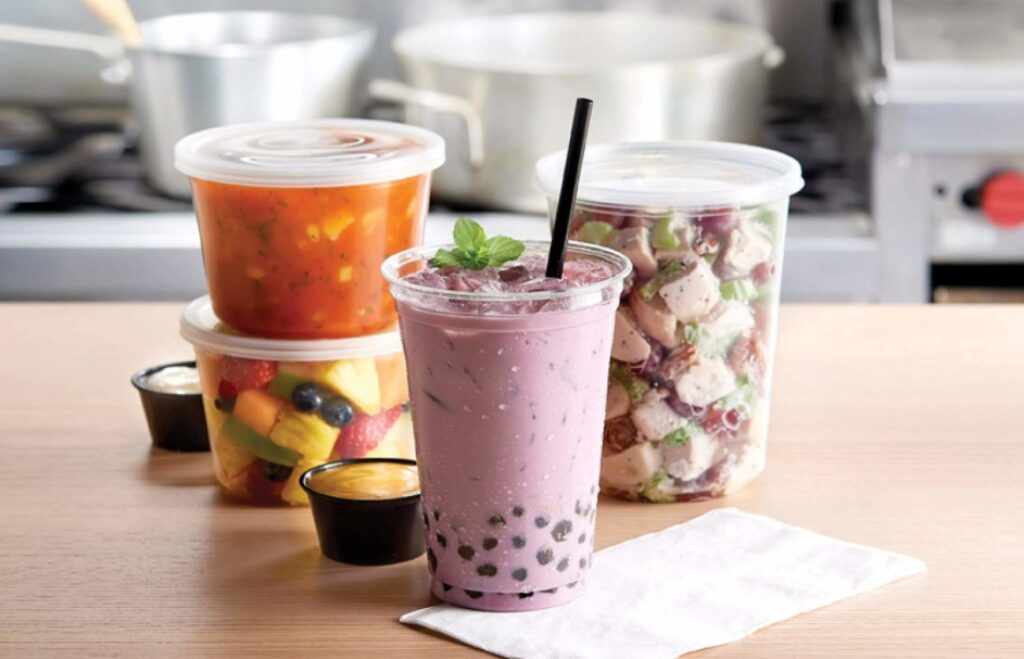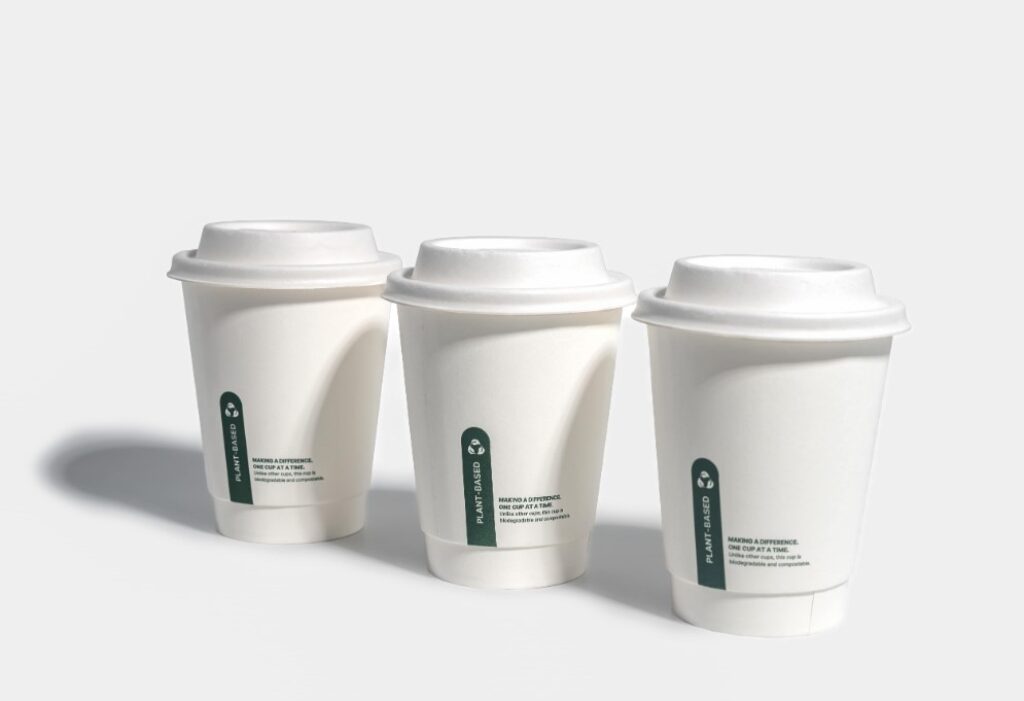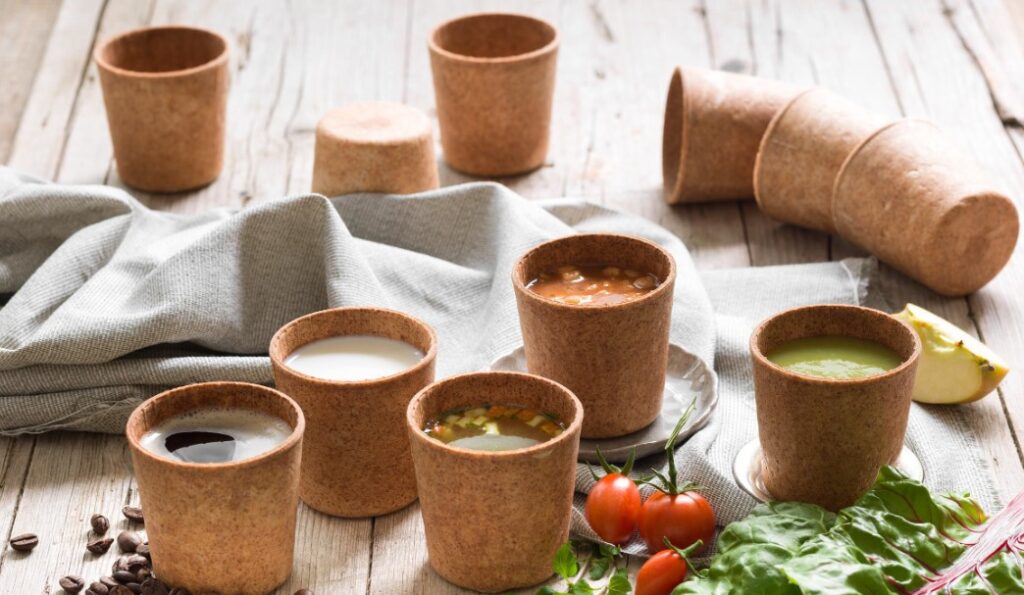
Every year, billions of cups are produced globally, with a substantial portion of that figure attributable to disposable plastic cups. However, the environmental impact of their usage and improper disposal is staggering and often overlooked.
Table of Contents
How Plastic Drink Cups Affect the Environment
One of the most devastating effects of plastic cup production is its contribution to global CO2 emissions. Creating a single plastic cup releases about 0.11kg of CO2 into the atmosphere. With billions produced annually, the carbon footprint is immense.
Moreover, plastic cups take hundreds of years to decompose, creating an enormous waste accumulation issue. They contribute to landfill overflow and ocean pollution, endangering marine life and ecosystems. Single-use, disposable plastic cups are a staple for kid’s parties and music festivals alike.
However, much like plastic straws, consumers are slowly becoming more aware of their environmental impact. From the carbon emissions related to their production to the fact that they will spend (literally) hundreds of years in landfill. They can cause havoc and damage the planet immeasurably. Here we take a closer look…
They contribute to plastic pollution, harming marine life and ecosystems.
Plastic Cups with Lids

Source: shamrockfoodservice.com
While lids may seem like a practical addition to prevent spills, they add to the overall environmental problem. The complex structure of plastic cup lids makes them difficult to recycle, leading to more plastic waste.
Possible Solutions to the Plastic Cup Problem
Embarking on a mission to reduce the environmental impact of plastic drink cups means exploring alternatives. Many companies and consumers are increasingly turning towards more sustainable options.
The ubiquitous plastic drink cups have become a staple in events, fast food chains, and café franchises.
Biodegradable and Compostable Cups

Source: moss.ph
Biodegradable cups decompose naturally in the environment, while compostable cups break down in composting conditions. Both options significantly reduce waste and the energy used for waste management.
Reusable Cups
Reusable cups offer an eco-friendly, long-term solution. These cups can be used extensively before being replaced, effectively reducing waste. Also, many coffee shops offer discounts to customers bringing their cup, which is an excellent initiative for promoting a minimal waste culture.
Edible Cups

Source: selpak.com.au
A novel trend in the sustainability sphere is the development of edible cups. These innovative products are made from various edible materials, providing a waste-free solution to the single-use plastic problem.
Plant-Based Alternatives
Another innovative solution is the use of plant-based materials to produce cups. Plants such as bamboo, wheat straw, and corn can be used as raw materials for cup production. These alternatives are renewable and compostable, providing a cleaner, greener alternative to plastic drink cups.
Conclusion
There is an urgent need for sustainable alternatives to disposable plastic cups. As consumers, we can make more conscious choices and support businesses that share concern for the environment. Every small action contributes to the more significant change, reducing plastic pollution and protecting our Earth for future generations.







